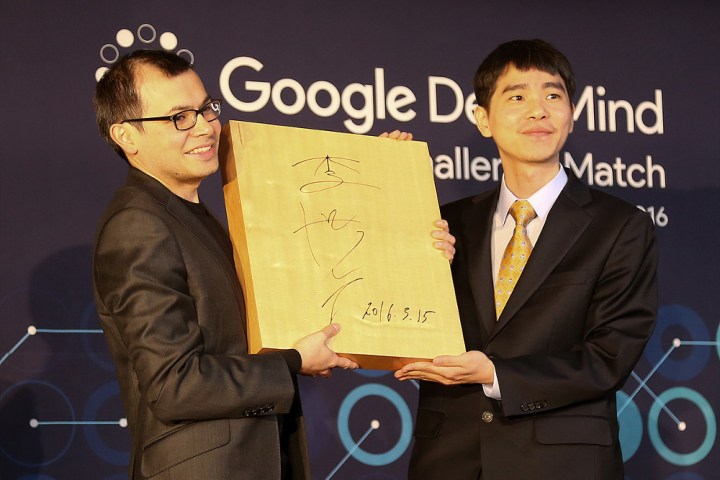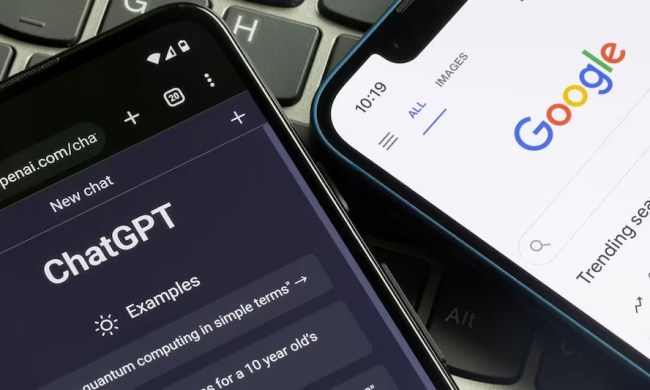
Habassis notes that public interest in the series was far beyond the company’s wildest expectations. Search queries related to Go saw a dramatic increase in the United States, tens of millions of viewers tuned in to watch the games live in China and sales of Go boards shot up in places such as Korea.
AlphaGo managed to pull off a convincing victory over the 9-dan professional Lee, but this was not the expected result ahead of the contest. Habassis notes that the result came as something of a surprise even to the team working on the project, but takes the time to commend Lee for his victory in the fourth game.
A healthy $1 million prize fund was amassed for the event, which Google and DeepMind will donate to charity. The bulk of the money will apparently be given to organizations that help promote STEM education programs, with a portion being directed towards UNICEF.
While the charity donation is a useful byproduct of the win, the greatest benefit to DeepMind comes from the successful implementation of its technology. The series was billed as “man vs. machine,” but Habassis praises Lee for pushing his team forward and helping to further their research in the process.
That said, the CEO lays down a Korean quote pertaining to Go to temper any inflated expectations — “Don’t be arrogant when you win or you’ll lose your luck.”
A victory over Lee is a huge moment for DeepMind and a compelling statement on the progress researchers are making with regards to machine learning and artificial intelligence. However, there’s still a long way to go before organizations like Google and DeepMind can do as much as they intend to with this kind of technology.


